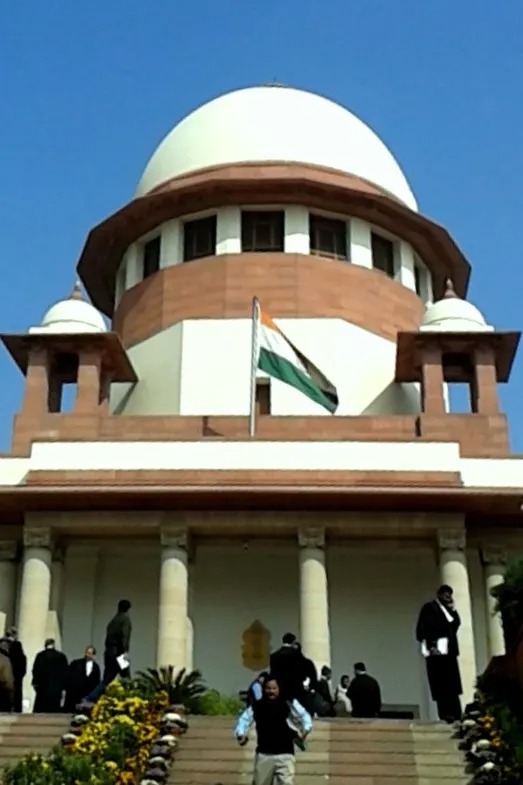M.M. Punchhi, J.@mdashIn this petition, a commitment order had been challenged. The petitioner herein has been required to stand trial before the Court of Session for an offence under Section 304, PartII Indian Penal Code, though before the Magistrate he was sent up on a police report disclosing an offence under Section 304A, Indian Penal Code. The petitioner obviously being aggrieved has approached this Court at the initial stages.
2. The petitioner is a professional doctor and has his clinic in Sector 37, Chandigarh. A female Kenynian African student named Miss Ruth Mueni Kyalo came to him for medical aid about 1 p.m. on 17.9.1983. Allegedly she had some abdominal pain. The petitioner gave her an injection of Analgin; a pain killer. Seemingly, the patient reacted. Some antidote was given, but to no avail and the patient died. Thereupon, one Freb, Ombjo, Vice Chairman of KenynianAfrican Students Association preferred a complaint to Police Station, Sector 39, alleging that the patient had died on account of the negligence of the doctor. This put the police in motion. The autopsy on the deceased was conducted. Two latent factors were discovered. One was that the deceased was pregnant and the other was that she had organ phosphorum compound and alcohol in her stomach. The latter deduction obviously came after the report of the Chemical Examiner. The cause of death as opined by Dr. Inderjit Dewan of the Post Graduate Institute, Chandigarh, was anaphylatic shock due to Novalgin injection. Clarifying his opinion the doctor further said that such like shocks did occur occasionally due to Novalgin injection. There was some difference of opinion expressed by Dr. Dewan with regard to the viscera and its contents. The investigation, when filing the police report in Court, took stock of its evidence which comprised mostly of people identifying the dead body and the evidence of the medical experts opining on the cause of death. The injection given to the patient was suggested of low potency, described now by the learned Magistrate as substandard. Yet on this stage of evidence, the learned Magistrate while considering the question of framing charge thought it better to commit the case to the Court of Session by observing as follows :
"..Accordingly my considered view is that Dr. Dewan went out of the way to help the accused who is a medical practitioner and holds MBBS degree. According to the report of the Government Chemical Examiner there were contents of organ phosphorus compound and alcohol in the viscera which cannot be expected the outcome of Analgin injection. This leads me to presume that accused also used some other medicines before he administered Analgin injection. There is also no doubt that the patient breathed her last instantaneously when Analgin injection was given. According to the report of Dr. Inderjit Dewan dated 2.3.1984 death by Anaphylatic shock due to Novalgin/Analgin injection does occur occasionally. Accordingly accused should have tested as to whether the Analgin suited to the body of the patient or not. Moreover the contents of Analgin injection like the injection used was found to be substandard. It clearly leads me to presume that accused knowingly used substandard medicine for the sake of money which is a grave offence against the society and such like instances are quite common with the Private Practitioners more particularly in these days. I am further of the opinion that such like cased should not be taken so leniently. The accused has caused the death of Ruth Mueni Kyalo by using Substandard medicine which he knew that the same was likely to cause death. Accordingly I am not inclined to accept the argument of the learned defence counsel that no prima facie case is made out against the accused. Accordingly to my considered view the case in hand clearly falls within ambit of Section 304 IPC."
3. The opinion expressed by the learned Magistrate to say the least, was somewhat hasty. Not a single witness had appeared in the witnessbox. There had been no effective examination and then crossexamination which could have brought out the basis for the opinion held by the medical experts as also the Chemical Examiner. Though, it is true that the Magistrate is empowered under Section 323 of the Code of Criminal Procedure to commit a case to a Court of Session if, in any inquiry into an offence of a trial before him, it appears to him at any stage of the proceedings before signing the judgment, that the case is one which ought to be tried by the Court of Session : yet in the instant case, the observations aforeextracted were uncalled for by the learned Magistrate at the preliminary stages. The order of the learned Magistrate plainly appears to be lacking restraint and propriety. Thus the order unsustainable has to be quashed.
4. For the foregoing reasons, this petition is allowed and the impugned order of the learned Magistrate committing the case to the Court of Session is set aside leaving it open to him to enquire and try the matter as an ordinary warrant case, and if he considers fit, then have recourse to the provision of Section 323, Code of Criminal Procedure, if the evidence and the circumstances so warrant. The parties through their counsel are directed to put in appearance before the learned Magistrate on November 17, 1984, on which date the accusedPetitioner is otherwise bound to put in appearance before the Court of Session.

